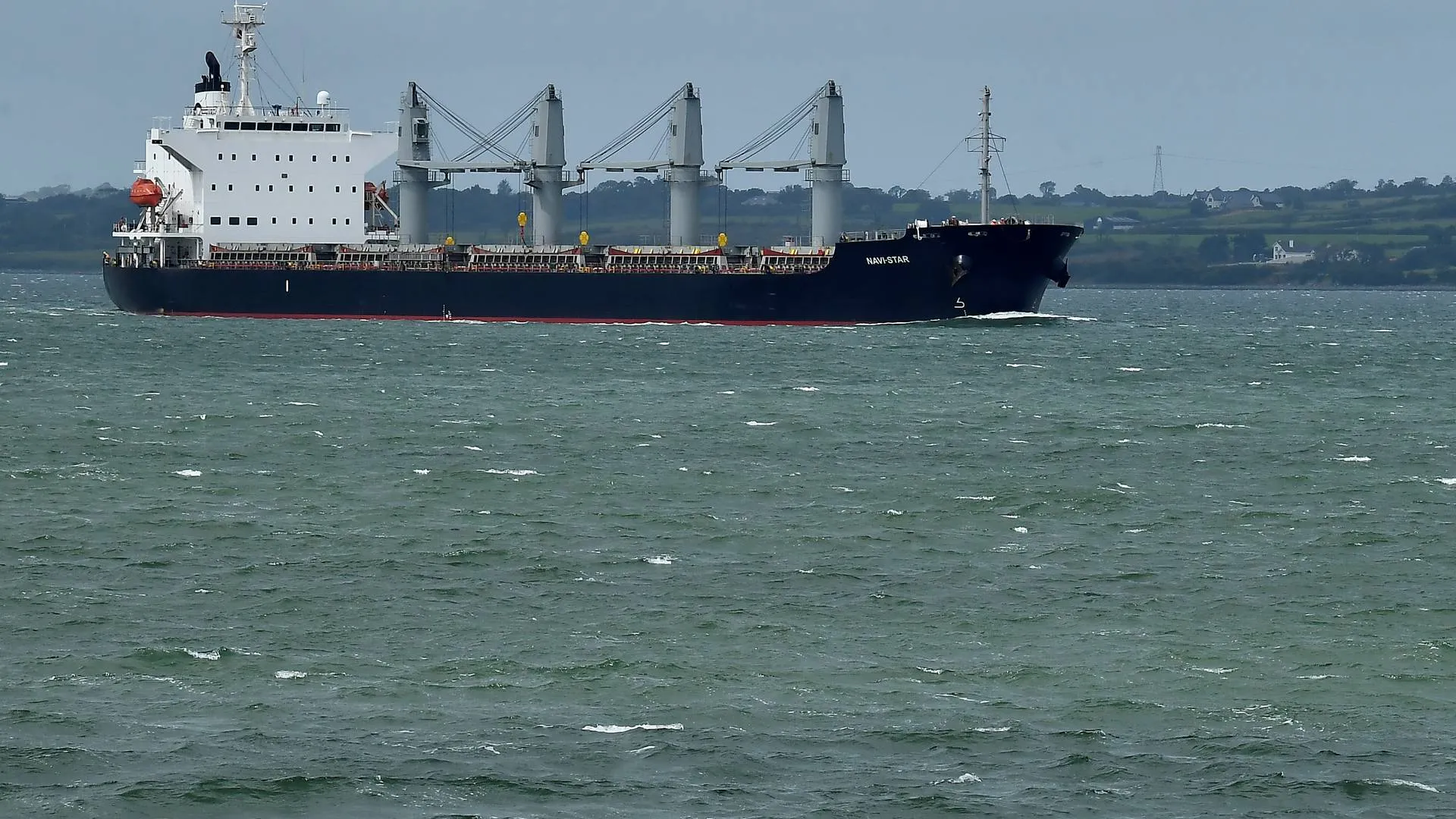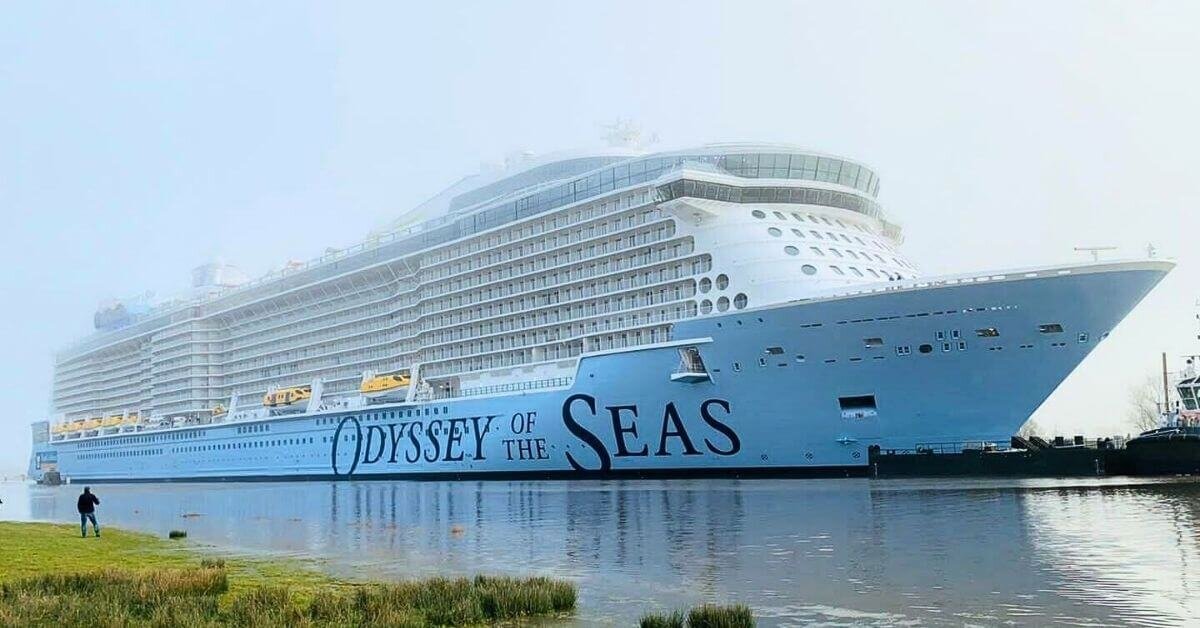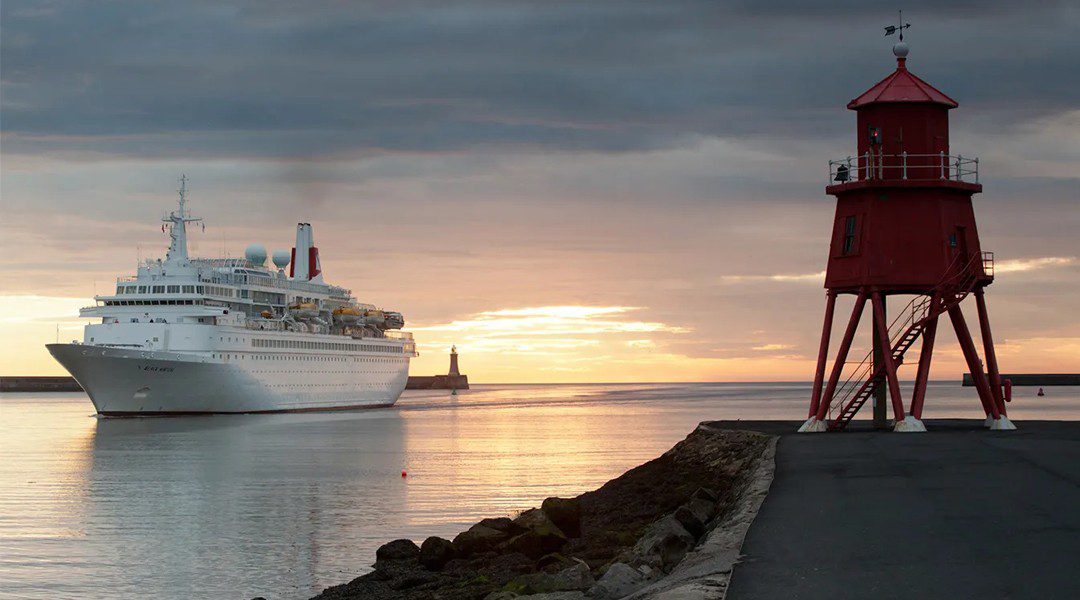Schifani’s torpedo at Salvini for the appointment of Tardini in Palermo is only the tip of the iceberg. And no one seems to care that the ability of Italian ports to attract investments and compete on the international chessboard is being compromised. To the delight of competitors in the Mediterranean and Northern Europe
The maritime economy, says Censis, is worth 34 billion euros, something like 1.5% of Italian GDP. The 16 Port System Authorities that govern the national ports have control over state-owned areas and have more power than mayors elected directly by citizens regarding the urban planning of coastal areas, ports, freight terminals, and the infrastructural works connected to them. And yet for many months they have been paralyzed: a single stage where a settling of scores between the majority parties is playing out. Forza Italia against Lega against Fratelli d’Italia. The blatant clash between the president of the Sicilian Region, Renato Schifani (Forza Italia) and the Minister of Infrastructure and Transport, Matteo Salvini, is only the tip of the iceberg, even if it could turn into the detonator of a situation that has now become explosive. The League leader appointed the former Carroccio MEP, Annalisa Tardino, commissioner of the port of Palermo, but his presumed ally Schifani, not even an hour after the decree was signed, launched his torpedo: “She lacks the competencies”. And he announced an appeal to the TAR (Regional Administrative Court).
At the same time, Forza Italia also went on the attack in Naples, targeting Eliseo Cuccaro, another Salvini appointee: “There are evident profiles of incompatibility regarding the indicated president of the port of Naples and Salerno – thundered MP Francesco Maria Rubano – The credibility of the institutions is at stake and we cannot allow conflicts of interest to weigh on a strategic node like the Campanian ports. We will forcefully raise the issue, because I really think this appointment should be reviewed.” Curiously, Cuccaro is the former CEO of Alilauro, a company owned by Salvatore Lauro, a former Forza Italia senator. Cuccaro’s designation, incidentally, is also contested by the main Italian shipowner, which has its headquarters in Naples: Manuel Grimaldi. The sponsor of both Tardino and Cuccaro is the Undersecretary of Labor, Claudio Durigon, who, bypassing his party colleague and Deputy Minister of the MIT with delegation for ports, Edoardo Rixi, is said to have convinced a distracted Salvini.
And it doesn’t end there. For the Adsp of the Central-Northern Tyrrhenian Sea, main port Civitavecchia, the MIT wanted as commissioner and future president, Raffaele Latrofa, deputy mayor of Pisa for FdI and member of the Commission for the Bridge over the Strait: he too is contested for a lack of competence regarding ports. The same criticism was leveled at Giovanni Gugliotti, an Inps employee, former president of the province of Taranto, indicated for the top post of the Adsp of the Ionian Sea. Someone who, without scorn for the ridiculous, during a hearing at the Chamber of Deputies’ Transport Commission, replied to the observations of MPs: “I’ve had a boating license for 20 years”.
Not to mention the case of Sardinia. Salvini signed the decree appointing Domenico Bagalà as extraordinary commissioner of the Port System Authority of the Sea of Sardinia, which manages the ports of Cagliari, Olbia, Golfo Aranci, Porto Torres, Oristano, Santa Teresa Gallura, Portovesme and Arbatax.
It is a shame that the outgoing president, Massimo Deiana, refused to carry out the handover, due to alleged irregularities in the designation.
Adding to the confusion was the bustling about of undersecretaries, ministers, and various political potentates who, without any authority, interfered in the appointment process. Standing out here as “wreckers” from Fratelli d’Italia were the Minister of Agriculture, Francesco Lollobrigida, and the group leader in the Chamber of Deputies, Galeazzo Bignami.
According to sources close to her, this was enough for Prime Minister Giorgia Meloni to explode over the botched allocation of positions by her deputy prime minister and the internal fighting within the coalition parties. Fearing the situation could spiral out of control, the Prime Minister is even said to have decided to take charge of the entire dossier and address it in September. If not quite a commissarship over Salvini in matters of his competence, it is not far from it.
It may be a coincidence, but the Senate Transport Committee (chaired by Salvatore Deidda, known as Sasso, FI), which was supposed to be convened before the summer break, was canceled. The presidents-in-waiting who received the (non-binding) okay from the Chamber of Deputies last July 30th have thus been left in limbo. They are: Davide Gariglio, president of the Adsp of the Northern Tyrrhenian Sea; Bruni Pisano, president of the Authority of the Eastern Ligurian Sea; Francesco Rizzo, president of the Adsp of the Strait; Eliseo Cuccaro, president of the Adsp of the Central Tyrrhenian Sea; Giovanni Gugliotti, president of the Adsp of the Ionian Sea; Francesco Mastro, president of the Adsp of the Southern Adriatic Sea; and Francesco Benevolo of the Adsp of the Central-Northern Adriatic Sea. The matter will be revisited in September, upon reopening. Only after the vote in the Senate committee can the formal appointment by Salvini take place. Provided the whole thing doesn’t fall apart and everything is renegotiated. With the result of losing more precious months in haggling between the parties.
Meanwhile, the agony of the ports, bogged down in their operations due to the squabbles within the government majority, continues. What is surprising and disconcerting is the deafening silence, with rare exceptions, from the maritime-port cluster, the trade unions, Assoporti, and the employer organizations. It is the middle of summer, true, but this situation has been dragging on for far too long. Even the center-left opposition is not making much noise: it seems to have contented itself with having obtained the presidencies of Livorno and Ravenna, with Bari handed over to a man of Governor Michele Emiliano.
The carelessness, the lack of authority, the cynical indifference towards the common good and the sense of institutions is striking. And yet, ports are fundamental infrastructures for Italy’s competitiveness, for logistics, for the maritime economy, but also for employment and the development of the territories. Due to factional squabbles and a policy of small-scale politicking, crucial structures are being blocked and efficient planning is being hindered, at a time when Italian portuality should instead be a protagonist in European and international challenges. The Adsps operating at half capacity are compromising the ability of Italian ports to attract investments, coordinate with European policies, and meet the needs of the national and international production system. Competing hubs in the Mediterranean and Northern Europe are grateful. And they are toasting to it.




